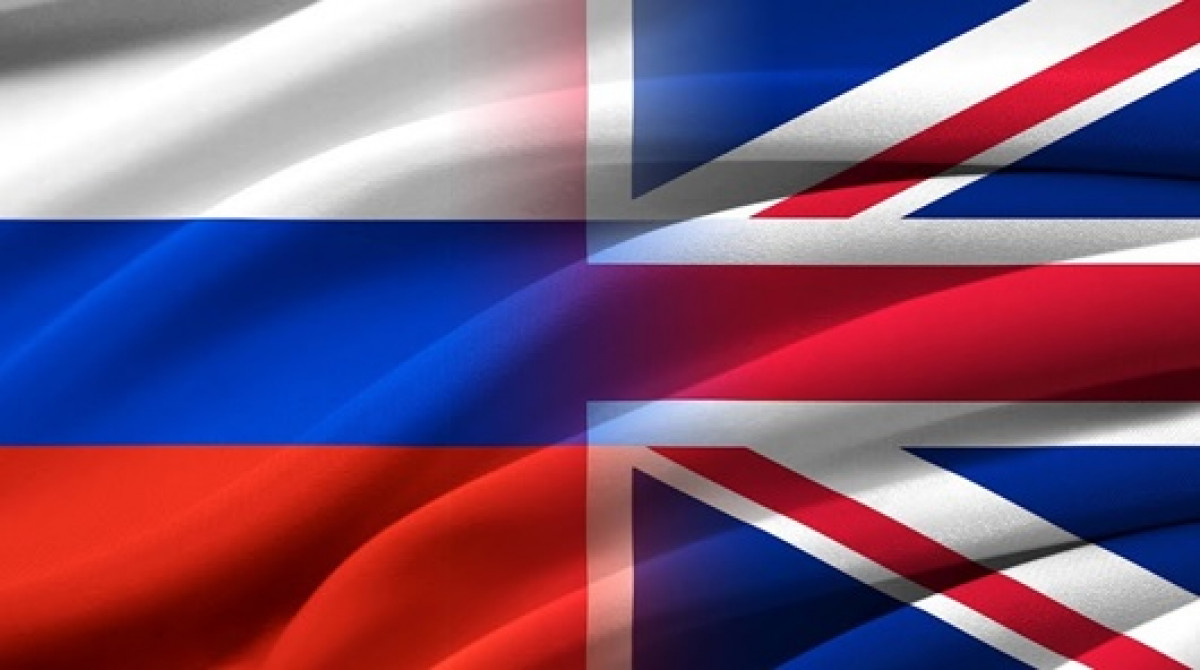 71
71
Centuries of shared history brought London and Moscow together in many international crises, including collaboration during the Napoleonic Wars and a strategic alliance in World War II.
However, the United Kingdom and the Soviet Union, both permanent members of the UN Security Council, became staunch enemies when the Cold War broke out. Today, bilateral relations between London and Moscow are arranged within Russia’s overall ties with the European Union and NATO. The United Kingdom’s exit from the EU in June 2016 was one of the most contentious topics in the history of London-Moscow relations. Britain and Russia’s diplomatic ties are now at an all-time low.
Coloured revolutions in the former Soviet republics, as well as rising US-Russian tensions, have pushed Moscow further away from London. Britain’s goal to become a more powerful force in the world, as well as its aim to diversify partners in the international arena, has resulted in the present escalation London-Moscow relations.
Even though the UK is no longer allowed to participate in the European Union’s common foreign and security policy (CFSP), Brexit has given the UK the freedom to play unconstrained global roles as an independent country.
According to the new British foreign and defense policy, Russia is a hostile state that has long targeted British cyberinfrastructure and military capabilities. According to an analysis recently released by the British Department of Defense, Russia was identified as the most significant threat to both European security and London’s long-term interests. Moreover, Moscow was described as an adventurists, shrewd and unpredictable adversary.
This accusation by London authorities comes amid the British government has just announced plans to increase its nuclear weapons by 40%.
Various causes have reportedly led to the deterioration of relations between Moscow and London throughout the years. The two nations’ relations have never been founded on shared interests or common values.
Being confronted with Russia’s formidable air defense systems, British military officials believe Russia has the potential to launch pinpoint assaults, stripping Britain and its western allies of their capacity to operate freely. As a result, Russia might jeopardize the United Kingdom’s defense capabilities in Europe, the Eastern Mediterranean, and the Middle East.
Moscow, on the other hand, not only dismisses any strategic cooperation with London, but Putin’s administration also appears quite unconcerned about the deteriorating relations between the two countries. The notion among the Russian leadership that the United Kingdom is not a country equivalent to Russian might has strained relations even more.
For a long time, Russia has regarded itself as a major international force, a strong force comparable only to China and the United States, playing an indispensable role in the center of a multipolar world. London, in Moscow’s opinion, does not occupy such a position. According to Russian authorities, the UK lacks the requisite capacity to pursue an independent foreign policy and is positioned at the second level of the World system.
In an Interview with the Russian-daily Izvestia, Andrei Kokoshin, a former deputy defense minister and former secretary of Russia’s Security Council, Britain’s position in world affairs is no longer the same as it once was, especially during Margaret Thatcher’s tenure in 10 Downing Street. He underlines that, although appearing to be one of the five major international powers, Britain is actually less powerful than its former colony, India.
In the near future, Moscow shall continue to be a salient impediment to London’s ambitions to establish a foothold in Asia and the Pacific, creating further tensions and threatening a significant crisis between the two countries.
Comment
Post a comment for this article